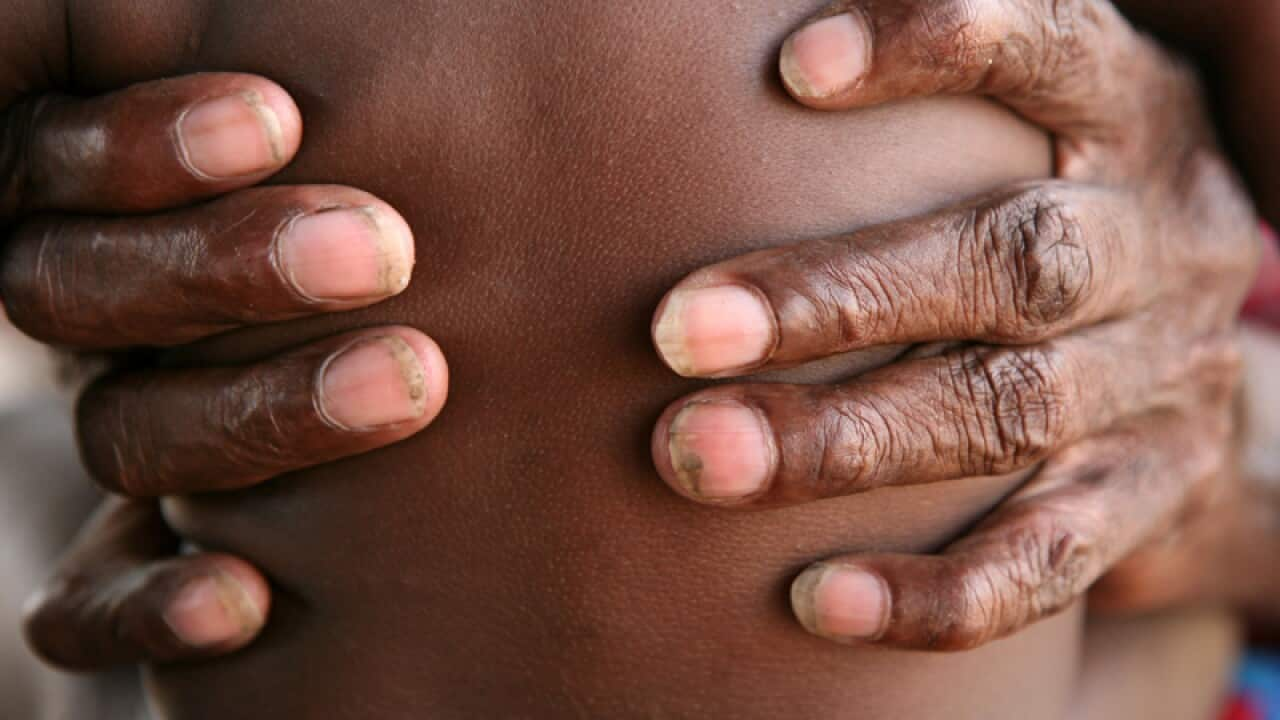Flinders University researcher Dennis McDermott, head of the Poche Centre for Indigenous Health and Well-Being, said racism still exists in many forms in Australia's health system.
He said a lack of clear communication and patient stereotyping are two examples that can have negative effects on Indigenous patients, citing a recent study examining why a number of Indigenous patients, some with serious health problems, were checking themselves out early from an Alice Springs hospital.
Related reading

Indigenous health equality target set for 2031
"The communication was poor, and people didn't feel safe to be in that environment, so they took off,” he said. “So it's life-threatening.”
“The other big example is in emergency departments.
“If you make stereotypical assumptions about that person and you get it wrong, the outcomes can be fatal."
Calls for greater discussion over how to fight racism within the industry have broad support, including from Australian Medical Association vice president Dr Stephen Parnis.
"There's no doubt that this is an incredibly high priority,” he said.
“If you look at Indigenous health, there is bipartisan support for closing the gap.
“And if we are to achieve that closure, we must have a health profession that is articulate, indeed, expert at understanding and helping, supporting, our Indigenous people as far as their health goes."
But Dr Parnis said there is an important distinction between stereotyping and making value judgments about patients.
"Part of the practice of medicine is about making value judgments about your patients.
“If someone, for example, comes from a prison, they are 40 times more likely to have Hepatitis C than someone in the community. Now that's not discrimination, that's just medical fact."
Dennis McDermott said he would like to see a cultural-safety framework for health professionals introduced in the future.
"It's not a matter of waving the big finger at people. It's a matter of saying, 'What are the structural processes that keep racism going?' We know, for example, in Australia, that there's been a long history of racism, and we can't close our eyes to it."
Motivated by a strong desire to help her Indigenous community, third-year medical student Sarah Cormann is looking forward to her future career.
"I'd go home, back to country, and see exactly what was happening and how bad the health outcomes are, and I went, 'I need to do that. I need to go home, and I need to work with community,'" she said.
Share


